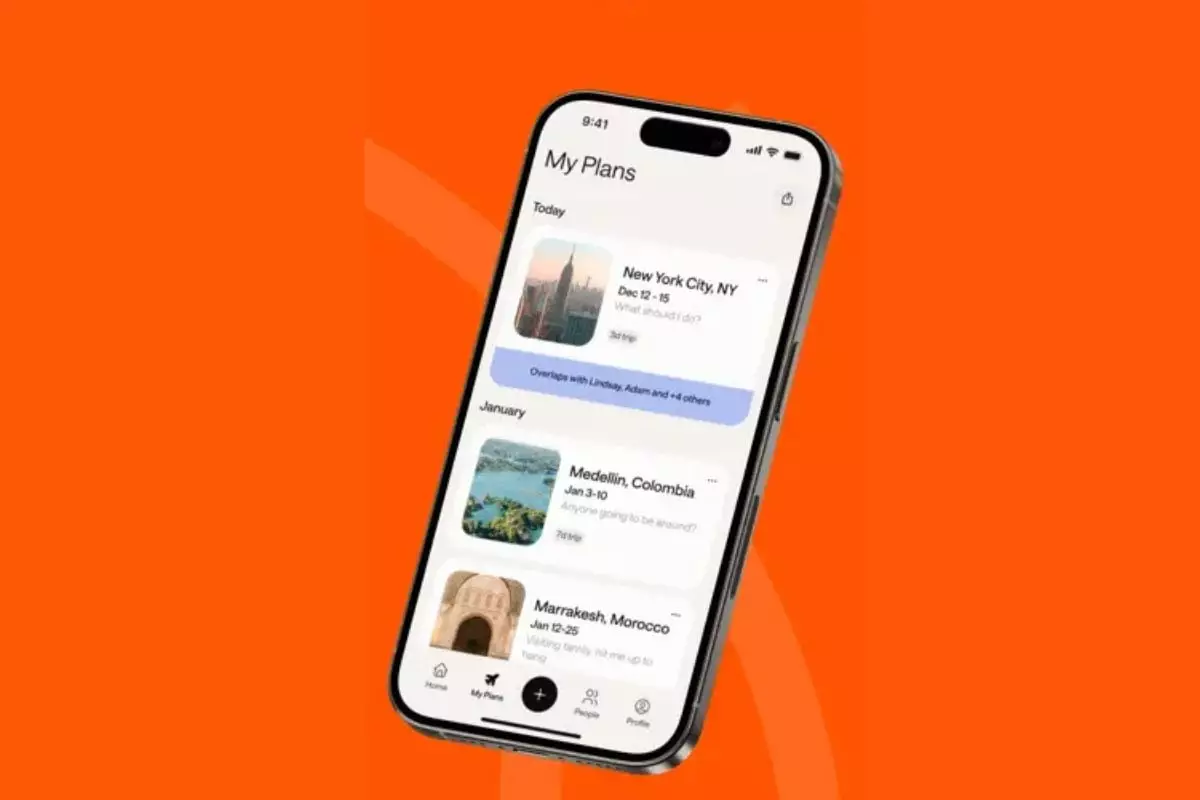In an era dominated by traditional social media platforms that prioritize content sharing over genuine interactions, Mozi emerges as a breath of fresh air. Launched recently on iOS, Mozi differentiates itself by focusing on personal connections rather than public personas. Founded by Ev Williams, who believes that contemporary social platforms fall short in fostering meaningful relationships, Mozi seeks to address this gap by creating an environment where users can engage more intimately with their existing social circles.
The fundamental premise of Mozi rests on enabling users to know when they might cross paths with friends—be it in their city or at events. This feature stands in stark contrast to the content-centric approach of popular platforms where users often connect with individuals they do not know personally. Mozi, devoid of features such as photo sharing, video uploads, or follower counts, presents itself as a safe space where privacy is prioritized, and connections are cultivated based on established relationships rather than superficial interactions.
The onset of the digital age has resulted in a paradoxical outcome: although people are more “connected” than ever, actual human interactions have dwindled. Mozi aims to rectify this imbalance by offering a platform where the emphasis lies not on broadcasting but on connecting. According to Williams, “The primary value proposition of Mozi (today) is simple: It lets you know when you’re going to be in the same place (city or event) as someone you know.” This unique approach is refreshing, as it shifts the focus from digital engagement to real-life connections.
Another innovative aspect of Mozi is its potential for helping users navigate social gatherings. When faced with multiple events on a weekend, users can leverage Mozi to determine which gatherings will be attended by friends, thus making informed decisions on where to invest their time. This feature not only enhances the user experience but also promotes a lifestyle grounded in real-world interactions, a necessary change in the age of digital isolation.
Ev Williams’ vision for Mozi was born from a desire to create a social app that resists the normalization of public profiles and data sharing. Instead of promoting influencers or displaying follower counts, Mozi encourages users to interact and connect on a more personal level. The soft launch of the app to a select community has garnered positive feedback, further affirming that there is a demand for a platform that emphasizes human relationship-building over content dissemination.
By limiting visibility to mutual contacts, Mozi ensures that users retain control over their social interactions. Plans shared within the app can either be accessible to all mutual contacts or exclusively to “close friends.” This nuanced approach to privacy facilitates a sense of security that many users find appealing in today’s age of rampant data exposure.
Although currently available on iOS, plans for expanding Mozi’s reach to Android users are already underway, with a waitlist indicating demand among those not using Apple devices. This expansion could herald a new wave of social interaction opportunities, further validating the platform’s commitment to enhancing user experience.
As social media continues to evolve, the necessity for platforms that prioritize meaningful interactions becomes increasingly apparent. Mozi’s approach is a timely response to the frustrations of many users disillusioned with conventional social networks, and its emphasis on genuine connections positions it well in a crowded and often chaotic digital landscape.
Mozi offers a unique alternative to the traditional social media experience, prioritizing real-life connections over online interactions. By focusing on mutual relationships and privacy, it challenges the status quo of social platforms. With its innovative features and a commitment to fostering real-world connections, Mozi is poised to redefine how we engage with those we care about most.


Leave a Reply